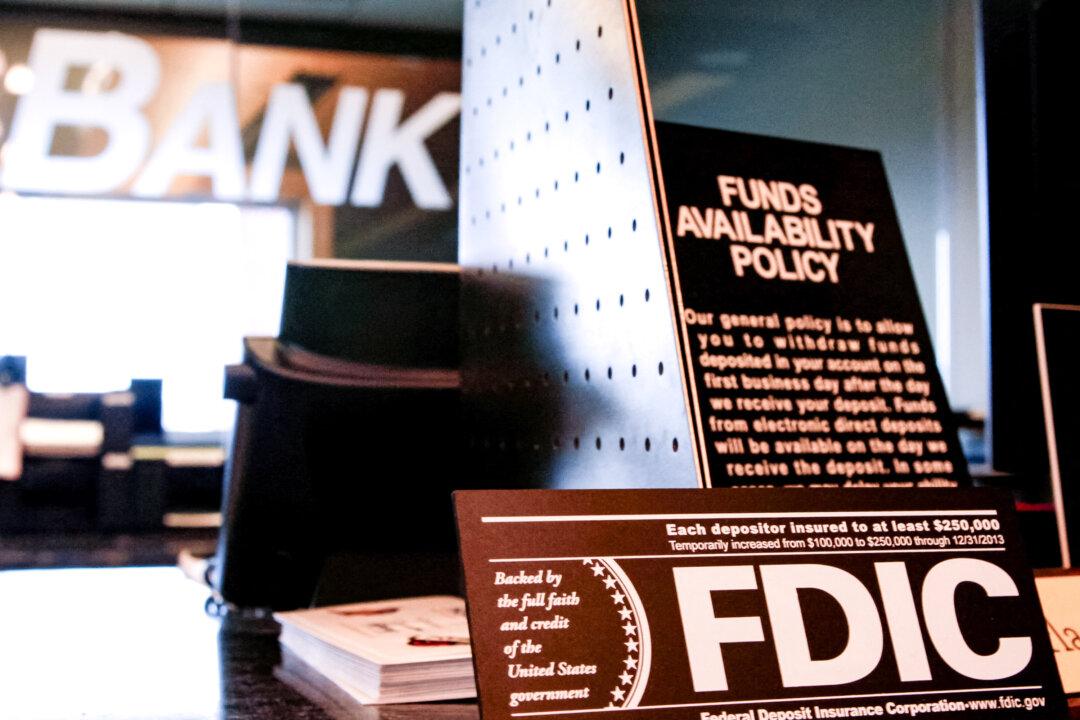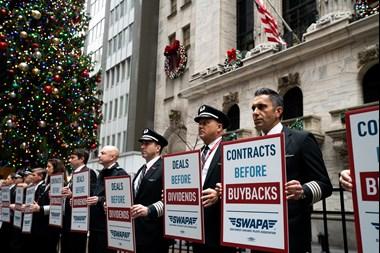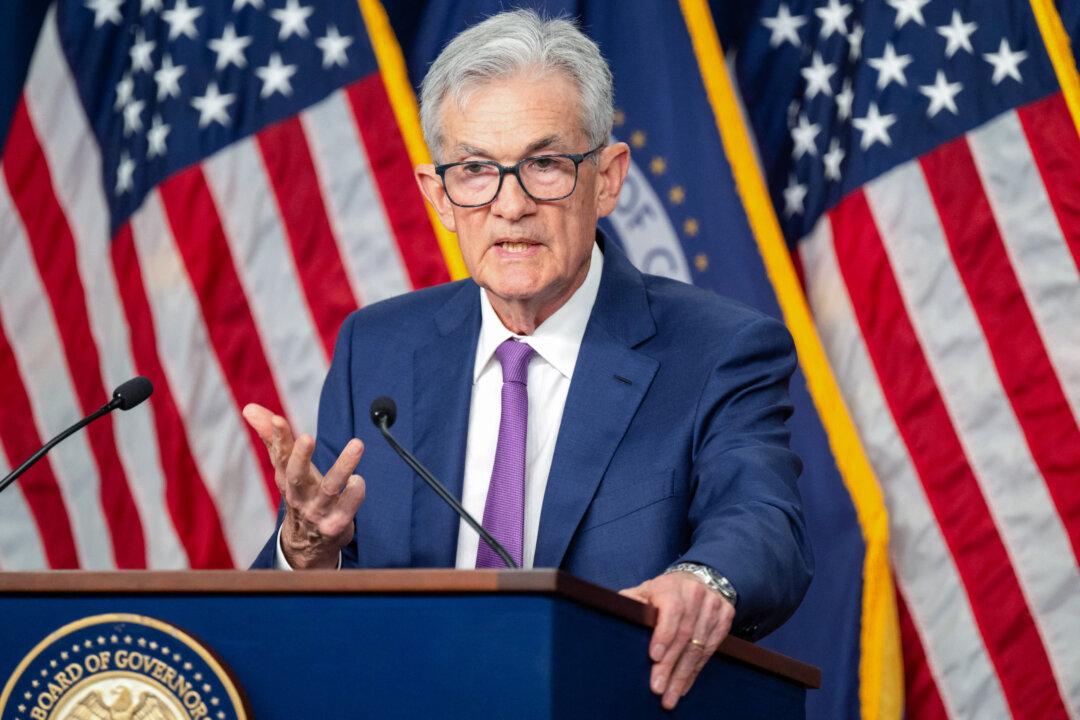Since last Wednesday—when the Federal Reserve rate decision dropped at 2:00 p.m. EST—to the market close on Friday, the Dow Jones Industrial Average slipped 4.2 percent and the S&P 500 Index fell 4.9 percent. While most business columnists put those declines mostly on the Fed’s rate increase, a deeper dive speaks to a more negative outlook for the economy.
Last week’s release of the Federal Open Market Committee’s (FOMC) “Summary of Economic Projections”—commonly referenced as the “dot-plots,” contemporaneously with the rate decision—projected a poor picture of America’s economic future, and the markets responded accordingly.





